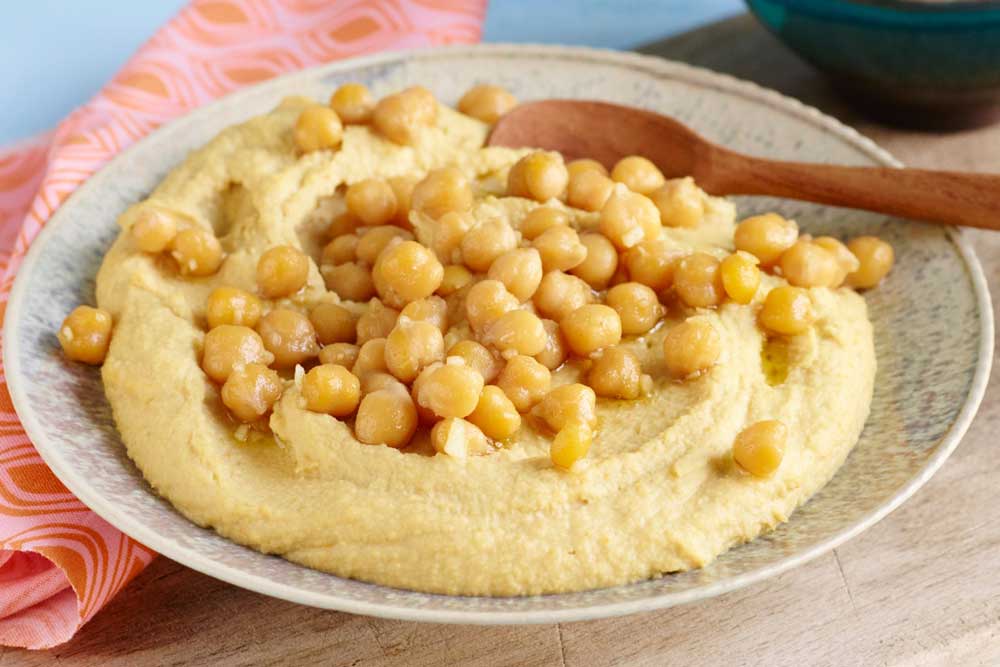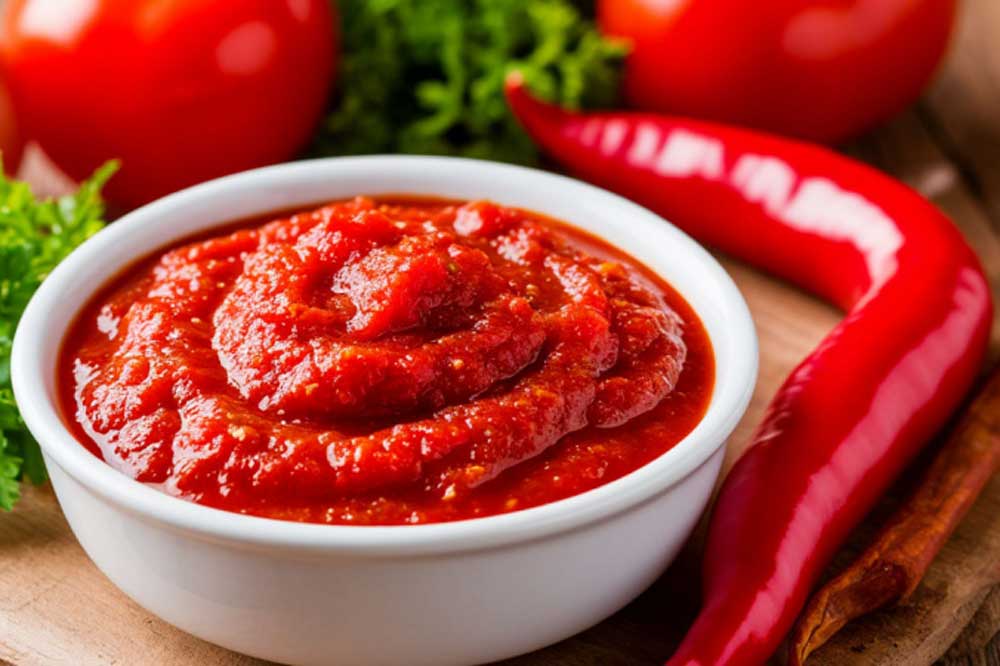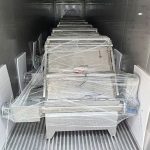
Delivery of Inclined Screen Separators to Philippines
12/23/2024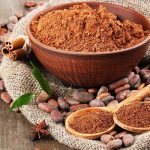
How to Make Cocoa Powder from Beans
01/14/2025
Delivery of Inclined Screen Separators to Philippines
12/23/2024
How to Make Cocoa Powder from Beans
01/14/2025Cassava residue dewatering machine is designed to optimize cassava processing by transforming waste into valuable resources. Utilizing a screw press mechanism, the machine efficiently reduces the moisture content of cassava residue to approximately 55-60%, making it more manageable and ready for further processing or disposal. However, this machine is not suitable for materials that are too sticky, slippery, or lack fiber content. Welcome to talk with us about your project in detail!
This machine has a broad range of applications, including:
- Processing agricultural residues like corn husks, straw, coconut fiber, grass, sugar beet pulp, etc.
- Dewatering residues like cassava, brewer's grain, or soybean pulp;
- Suitable for juicing fruits and vegetables such as apples, pears, pineapples, sea buckthorn fruits, oranges, gingers, etc.
- Efficiently dewaters kitchen waste, plastic waste, fruit and vegetable waste, seafood, and more.
- Handles sludge, paper pulp, biogas residue, and other industrial by-products.
- Processes pig, cow, and poultry manure for composting or fertilizer uses.
Applications of Screw Press in Cassava Processing
1. Cassava Starch Plants
- Before Starch Extraction: Dewatering raw cassava reduces its water content, which enhances starch quality and facilitates the extraction process.
- Lower moisture levels minimize energy consumption during subsequent drying stages, improving overall production efficiency.
- After Starch Extraction: The cassava residue left after starch extraction is often wet, heavy, and difficult to handle. The screw dewatering machine extracts excess moisture, reducing the bulk of the residue and making it easier to transport, store, or reuse.
2. Ethanol Production Plants
- Residue Dewatering: Ethanol production from cassava generates large volumes of wet residues. The screw dewatering machine efficiently reduces moisture, cutting down transportation and storage costs.
Uses of Dewatered Cassava Residue
Dewatered cassava residue can be repurposed for several uses across industries. Here are some of its applications:
1. Animal Feed: Dewatered cassava residue can be dried and mixed with other ingredients as feed for fish or livestock.
2. Organic Fertilizer: The residue, rich in organic matter, can be composted and used as an organic fertilizer.
3. Biogas Production: Cassava residue can be digested anaerobically to produce biogas, an eco-friendly energy source.
4. The starch in dewatered cassava residue can be further extracted and purified for use. Also, the dry residue can be ground into cassava flour for use.
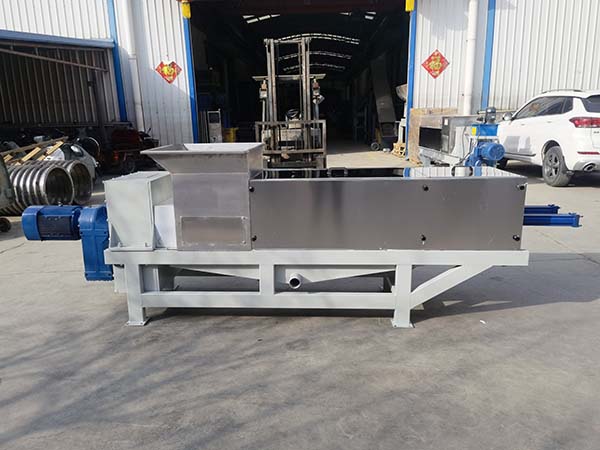
Dewatering Press Machine
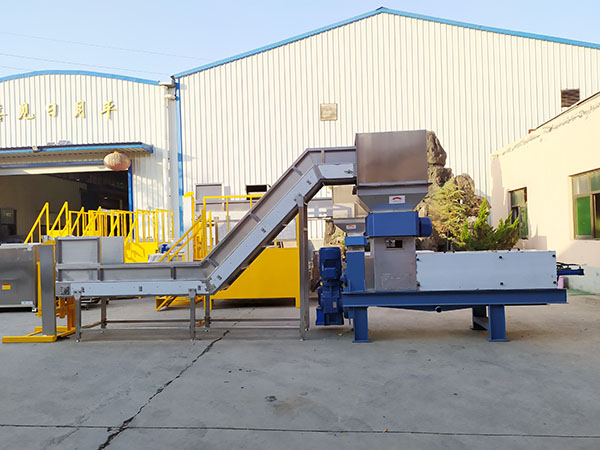
Screw Press With Conveyor
Why Use Screw Press in Cassava Processing?
1. High-Efficiency Dewatering: The screw press machine effectively separates water from cassava residue through mechanical squeezing, reducing the moisture content of the solids to as low as 55%-60%.
2. Volume Reduction: The dewatering process reduces the volume of cassava residue greatly, thereby lowering transportation and further processing costs.
3. Reduced Pollution: By separating liquids and solids, it reduces leachate pollution and its impact on the environment.
4. Resource Utilization: The dewatered solid residue can be repurposed as organic fertilizer or biomass energy. While the separated liquid can be used for biogas production or treated further for agricultural irrigation.
Conclusion
The cassava residue screw dewatering machine is an essential tool for efficient and sustainable cassava processing. It effectively reduces the moisture content in cassava residues and other agricultural waste, enhancing overall productivity. With assisting over 100 clients with their dewatering projects, Furui Machinery is a trusted partner in the industry. Contact us today to discover how our screw dewatering machines can optimize your operations and reduce costs.

